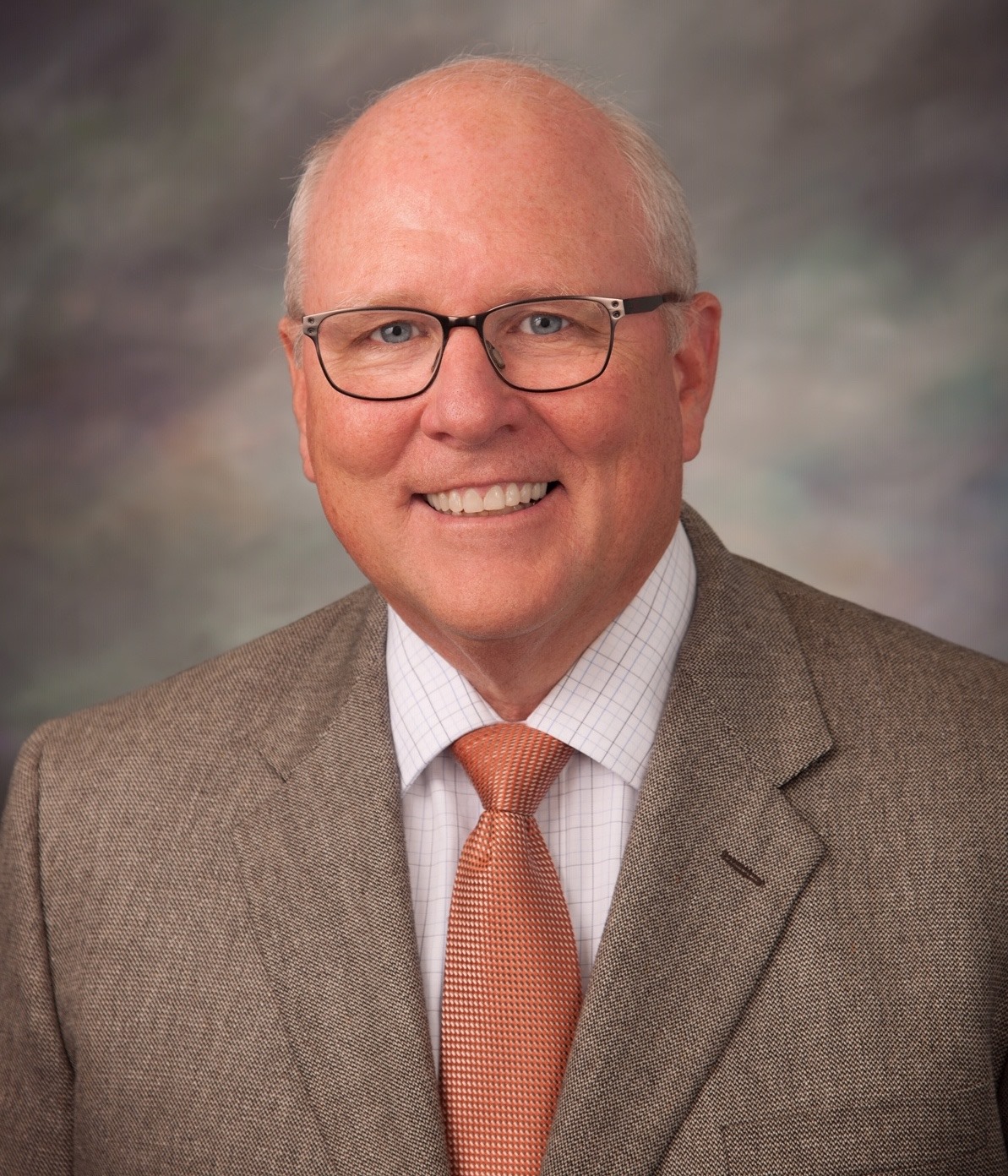|
Getting your Trinity Audio player ready...
|
Seventy thousand: That’s the rough number of residents in Harris County Precinct 3 who likely identify as members of the LGBTQIA+ community.
Seventy thousand people represented by Tom S. Ramsey, the Precinct 3 Commissioner who, earlier this month, voted against establishing the county’s LGBTQIA+ Commission, noting his false beliefs that members of that community “deal with the grooming of children.”

Seventy thousand human beings represented by someone who uses hate speech to describe their existence.
The math is simple: Each of Harris County’s commissioners represent more than 1 million residents, and roughly 7 percent of Americans identify as LGBTQIA+ — lesbian, gay, bisexual, transgender, queer or questioning, intersex, asexual and more — according to recent survey data from Gallup.
How can someone justify making such baseless claims about a large group of his constituents on the record during a public meeting? Ramsey’s answer is simple: He claims his remarks were made in the pursuit of unity.
“Every week I hear from someone in my Precinct with concerns of children and the LGBTQIA+ community. As their representative, I have to listen to their concerns,” Ramsey wrote. “My vote is based on what I hear from the voters. Creating an LGBTQIA+ Commission is an action that creates division instead of uniting Harris County residents. We should be pursuing initiatives that seek common ground.”
That doesn’t hold water. Ramsey’s comment at court earlier this month is one more note in a growing chorus of misinformation designed to divide.
A false narrative
“Grooming is a real thing, and that’s part of the problem,” says Mark Toubin, southwest regional director of the Anti-Defamation League. Toubin points to a definition of the term by the Rape, Abuse & Incest National Network: manipulative behaviors employed by an abuser to gain access to potential victims, coerce them to agree with abuse and reduce the risk of being caught.
To be clear: There is absolutely no evidence linking the LGBTQIA+ community with grooming. But there is substantial evidence that creating a narrative aligning an already marginalized community with such claims sows division — and hate.
“In this case, it’s focusing on a particular class of individuals and making conspiracy-related claims that their existence is detrimental to the health and well being of children,” Toubin says. “The result is, when someone is othered, that they are less than. That then permits the greater society to reduce their rights. To reduce their standing. To reduce their humanity. In the Holocaust, Jews were perceived as subhuman, so therefore their treatment could be rationalized.”
Sit with that thought for a moment.
Two moments.
Unshared stories
Ramsey’s comments can’t be considered in a vacuum. They live within the cultural context of this moment in time, during which local schools and libraries are battling book ban initiatives — many of which are specifically geared toward LGBTQIA stories.
Holly Matherly, a Precinct 3 resident and the mother of an elementary school student within Humble ISD, has been concerned about the growing number of books being challenged within her school district. She wants her son, a budding reader, to be exposed to a wide variety of stories.
It’s important, she says, for children to have “a wider perspective about the world. They need to see people who are likely them. They need to see people who are different than them. It builds compassion.”
She has her theories as to why book ban attempts have flourished in recent months.
“I think the goal is to keep people afraid of those who are gay or transgender,” she says.
Landon Richie needed access to trans stories in his youth.
“I came out when I was 11,” says Richie, who is now 20. “But for as long as I can remember, I knew I was in some way different. I just didn’t have the language to really express what I was feeling and what my experience was.”
He was 9 — about the age of Matherly’s son — when he began to understand and put words around who he is. That’s when he began seeking out others who he says “had experienced and gone through life as I have and would continue to do.”
He started a Gay Straight Alliance at his middle school, block-walked for LGBTQIA+ causes and found a community who saw him and understood him.
Common ground, if you will.
Joy and pride
Less than half of American adults report personally knowing someone who identifies as transgender, according to the Pew Research Center.
“We’re an easy scapegoat,” says Ethan Michelle Ganz, who will walk as the Gender Nonbinary/Nonconforming Grand Marshal in the Houston Pride Parade this weekend.
“There’s not a lot of us. Not everybody knows a trans person, so maybe the only thing they ever know is what they hear on the news, or what their elected officials say,” says Ganz. “It is irresponsible, and it shows a lack of integrity for any person to other a marginalized group of people, and to use hate rhetoric and false narratives. For someone to sit on the commissioners court, and on the record, purposely speak hate rhetoric and false narratives, that’s just beyond absurd.”
It’s also dangerous.
“Some people will take those words to heart and feel compelled to act,” says Toubin. “Whether that is by putting graffiti on some place in Montrose, or whether it’s getting a gun and shooting people, like in Orlando.”
Ganz and others I spoke with each raised similar concerns about the moment rhetoric becomes action. We discussed the fact that LGBTQIA+ adults are twice as likely to report being anxious or depressed as straight adults, which Ganz notes is “because of the environment, not because of who we are.”
And then we discussed joy. And Pride.
“They want us to be sad. They want us to be angry. They want to steal our joy, because they’re upset we live outside of their structure and we’re happy about it,” Ganz says. “And you don’t hear the narratives of trans joy. We don’t hear the narratives of gender euphoria — we only hear about gender dysphoria. We need to show stories of trans people thriving.”
That’s just what he plans to do at this weekend’s Pride events.
‘Common ground’

Ramsey’s comments, however divisive, live within a community-building moment in Harris County history. He was the lone dissenting voice against the creation of a commission that will bring more LGBTQIA+ voices to the table at the county level. Now approved, that commission will give voice to not just the 70,000 estimated members of the LGBTQ+ community in Precinct 3 but the 300,000 or so countywide (a population greater than the number of votes Ramsey received in his 2020 election).
And inclusion will add new perspectives and nuance to the county’s decision-making conversations. If, as Ramsey says in his statement, “we should be pursuing initiatives that seek a common ground,” then even the commissioner should be celebrating the motion he voted against.
Share your Houston stories with me. We can start on Twitter, Facebook and Instagram. Or you can email me at [email protected].

